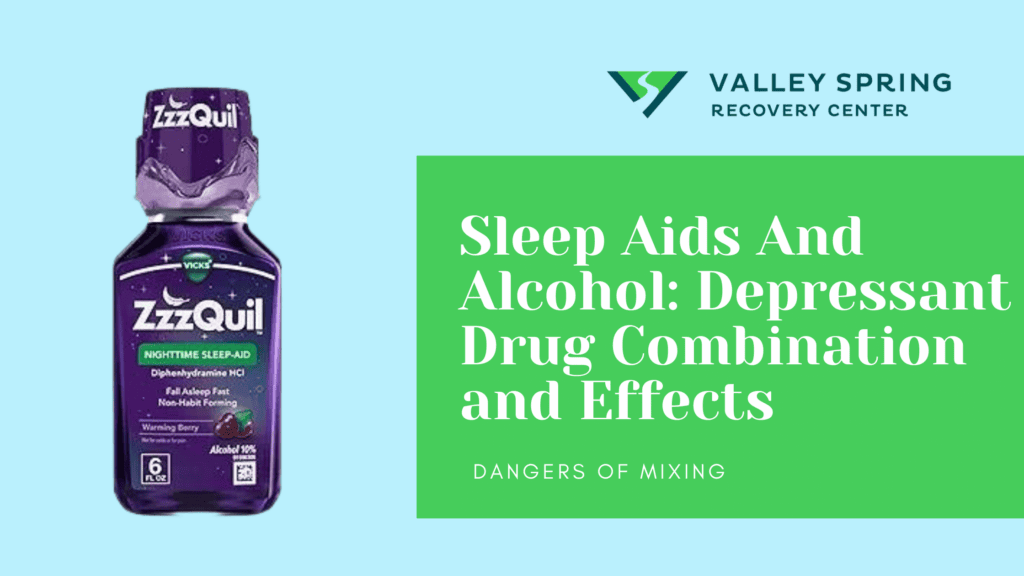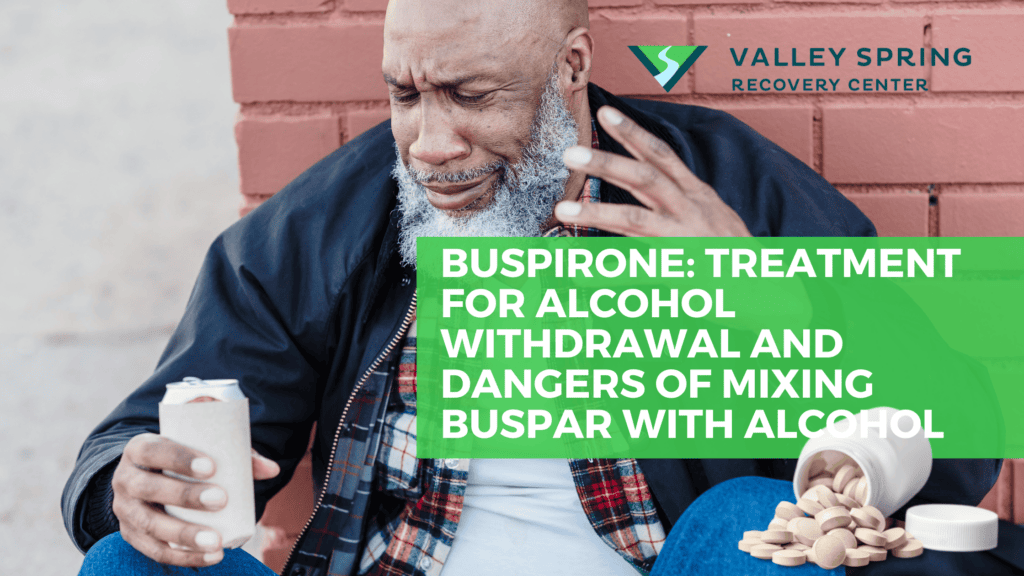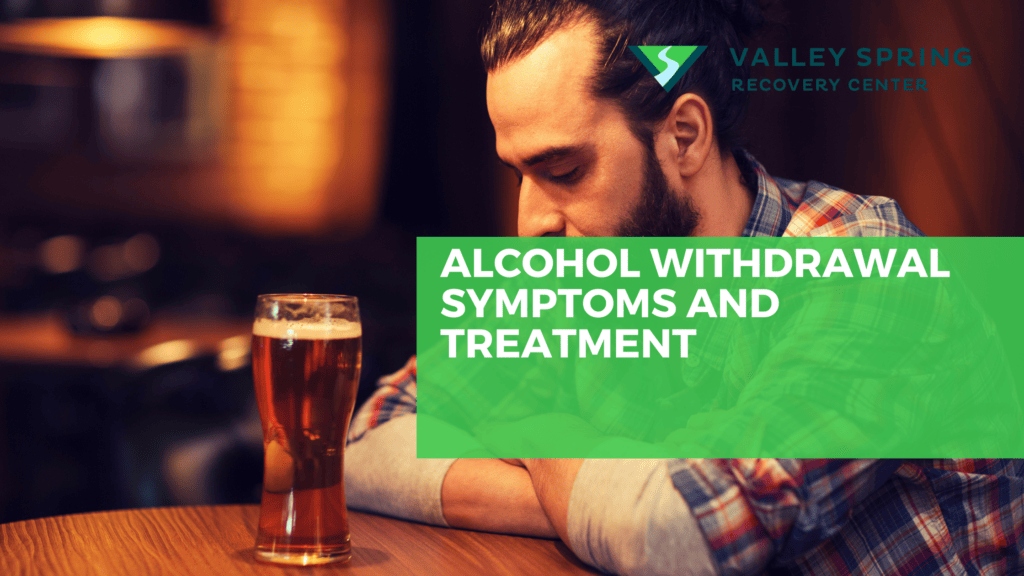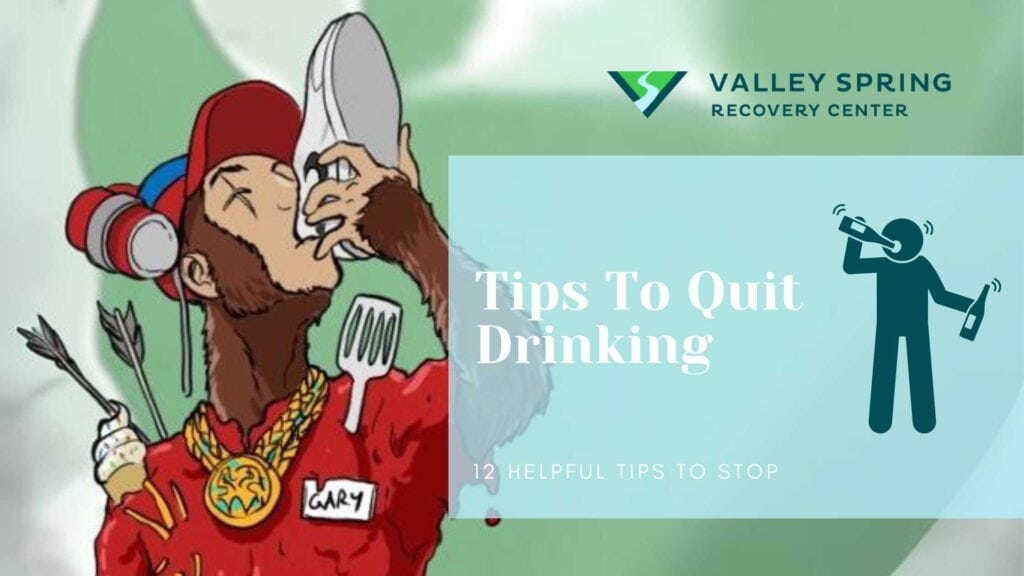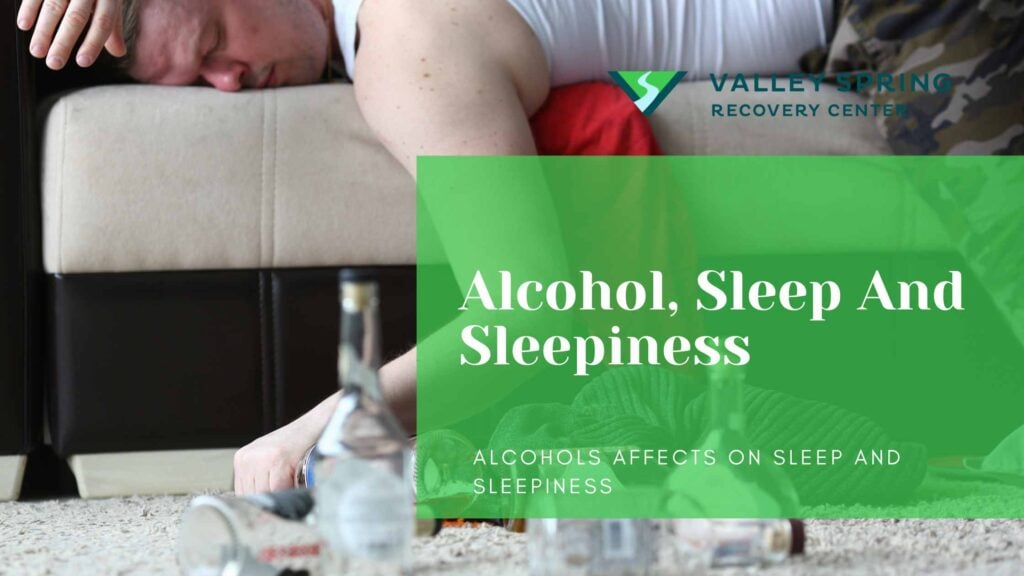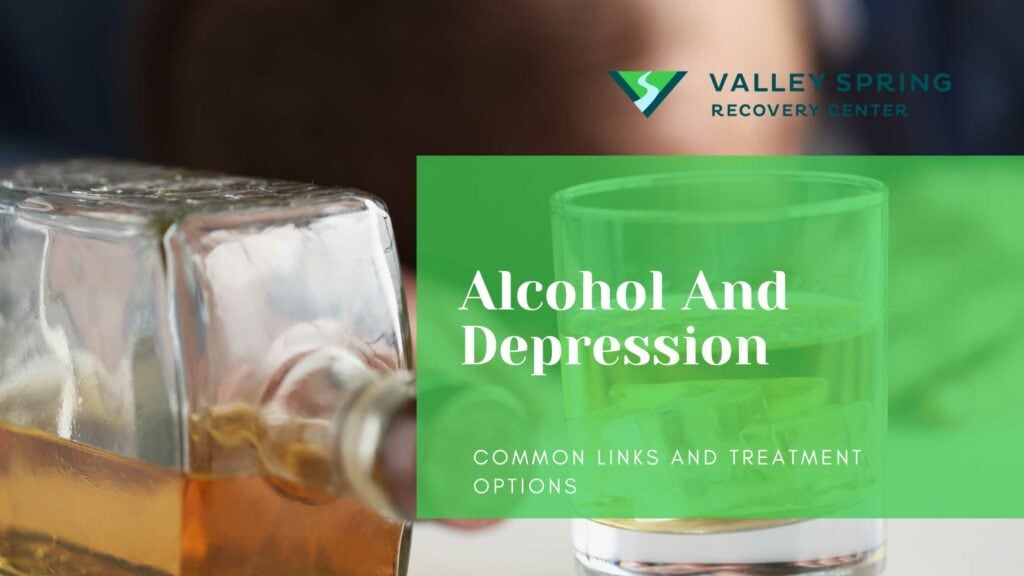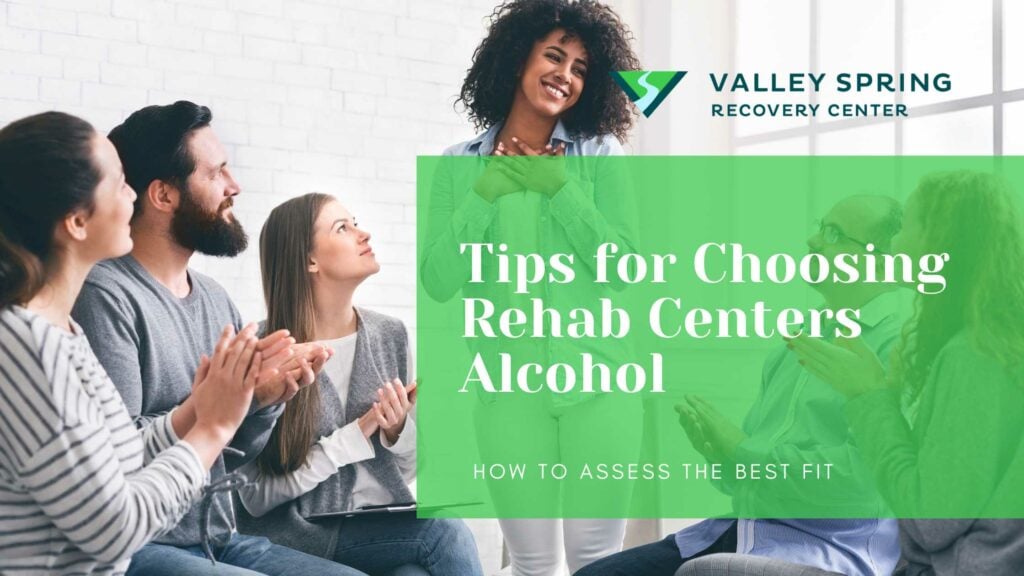Combining ZzzQuil, an over-the-counter sleep aid, with alcohol can result in a risky interaction. According to the U.S. Food and Drug Administration (FDA), mixing alcohol with over-the-counter sleep aids like ZzzQuil can lead to severe drowsiness, impaired motor skills, and potentially life-threatening situations. The combination has specific effects that warrant scrutiny.
The immediate effects of mixing ZzzQuil and alcohol include amplified drowsiness and a potential decrease in motor function. Both substances act as depressants on the central nervous system, leading to a compounded sedative effect that can be dangerous.
Other effects of this combination can be more severe, such as respiratory depression, which is a reduction in the ability to breathe properly. This can lead to potentially fatal consequences, especially if the individual is already suffering from other medical conditions.
Long-term use of ZzzQuil and alcohol together can lead to liver damage, addiction, and other chronic health issues. The impact on the liver is particularly concerning, as both substances are metabolized by this organ, putting it under significant stress when used in conjunction.
What Is ZzzQuil?
ZzzQuil is an over-the-counter sleep aid that is designed to help individuals who are experiencing occasional sleeplessness. ZzzQuil contains Diphenhydramine, the same active ingredient as Benedryl.
According to data from the Centers for Disease Control and Prevention, about one in three adults do not get enough sleep, making products like ZzzQuil popular for short-term relief. Diphenhydramine falls under the category of antihistamines, serving to inhibit histamine responses. This makes it effective for managing conditions like allergies, hives, and skin irritation. Notably, one of the prevalent side effects associated with antihistamines such as diphenhydramine is a feeling of sleepiness, as documented by the National Library of Medicine’s DailyMed.
ZzzQuil is a depressant on the central nervous system, commonly used for its fast-acting effect to induce sleep which can be dangerous when mixed with alcohol or other depressant drugs like benzodiazepines. Furthermore, prolonged use can result in tolerance, dependency, and potential side effects like dry mouth, dizziness, and constipation.

What Are Alcohol’s Depressive Effects on The Body?
Alcohol—scientifically known as ethanol—is a central nervous system (CNS) depressant that temporarily alters neurotransmitter levels, which can result in various physical and psychological changes, ranging from lowered inhibitions and altered judgment to impaired motor skills and coordination. Alcohol slows down brain activity and neural function. It affects neurotransmitters in the brain, which can result in slowed reaction times, impaired judgment, and decreased motor skills. At higher concentrations, alcohol can severely depress the central nervous system, leading to a loss of consciousness or, in extreme cases, respiratory failure.
For example, if you consume alcohol, you may initially feel a sense of relaxation or euphoria. However, as you continue to drink, you’ll likely experience a decrease in cognitive abilities, including diminished capacity for decision-making and problem-solving. These effects are indicative of alcohol’s depressant action on the central nervous system.
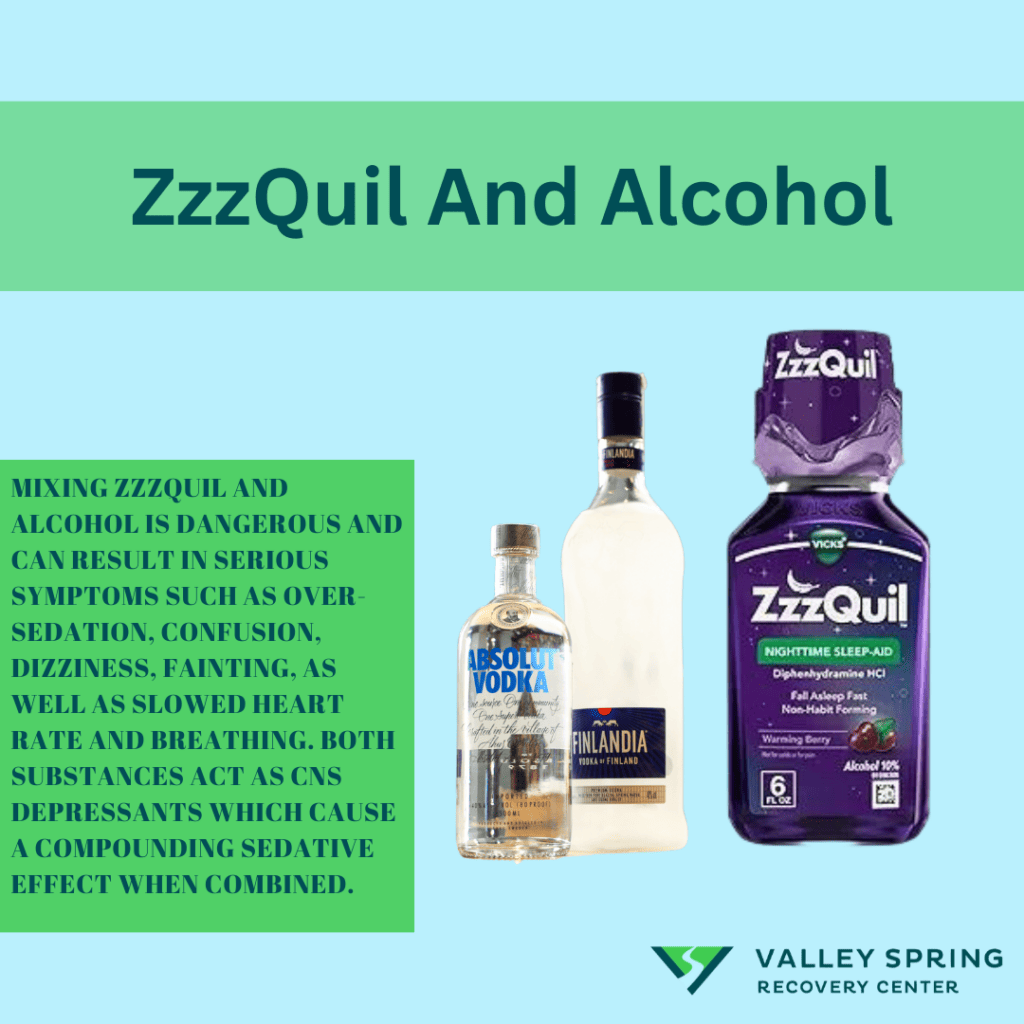
What Happens When You Mix ZzzQuil And Alcohol?
Mixing ZzzQuil and alcohol is dangerous and can result in serious symptoms such as over-sedation, confusion, dizziness, fainting, as well as slowed heart rate and breathing. Both substances act as CNS depressants which cause a compounding sedative effect when combined.
A more detailed summary of the risks of combining sleep aids and alcohol is listed below:
- Increased Sedation: Both ZzzQuil and alcohol are central nervous system depressants. Mixing the two can amplify their sedative effects, leading to extreme drowsiness or even loss of consciousness.
- Impaired Judgment and Motor Skills: Alcohol alone can impair your decision-making and motor skills. When combined with ZzzQuil, these effects can be exacerbated, increasing the risk of accidents or injuries.
- Respiratory Depression: In severe cases, the combination can lead to slowed or irregular breathing, which could be life-threatening.
- Adverse Drug Interactions: ZzzQuil contains diphenhydramine, an antihistamine that also has sedative properties. Combining it with alcohol can lead to unpredictable and potentially dangerous interactions.
Why are Depressant Drugs Dangerous when mixed with other Alcohol?
The mixing of depressant drugs with other substances poses significant health risks due to the amplification of each substance’s depressant effects on the central nervous system. One of the most pertinent outcomes of this combination is the impact on blood pressure. When multiple depressants are taken together, they can significantly lower blood pressure to dangerous levels, leading to a condition known as hypotension. This can result in dizziness, fainting, and in extreme cases, even shock or organ failure. Reduced blood pressure is particularly concerning because it places enormous stress on the cardiovascular system, increasing the likelihood of heart-related issues.
Additionally, combining depressants often leads to heightened sedative effects, which could result in extreme drowsiness, impaired judgment, and decreased motor skills. These factors substantially increase the risk of accidents and injuries. Furthermore, the simultaneous consumption of different depressants can lead to severe respiratory depression, which could be life-threatening. The risks are even more pronounced when considering the possibility of overdose, which becomes increasingly likely with the compounded effects of multiple depressants.
Types of Depressants and their risks are listed in the table below:
| Types of Depressants | Risks | Mixing With Alcohol |
|---|---|---|
| Benzodiazepines (e.g., Xanax, Valium) | Increased sedative effect, respiratory depression, and risk of overdose. | Combining benzodiazepines with other depressants like alcohol can lead to extreme drowsiness and potentially fatal respiratory issues. |
| Opioids (e.g., Morphine, Oxycodone) | Amplified sedative and respiratory depressing effects. | Opioids already carry a high risk of dependency and overdose; combining them with alcohol increases these risks exponentially. |
| Barbiturates (e.g., Phenobarbital) | Severe respiratory depression, loss of consciousness, and risk of overdose. | Barbiturates are less commonly prescribed today due to their high risk of overdose, but if combined with other depressants like alcohol, the risk becomes even more significant. |
| Sleep Aids (e.g., Ambien, Lunesta) | Heightened sedative effects, impaired motor skills, and potential memory loss. | Mixing sleep aids with other depressant drugs including alcohol can lead to extreme drowsiness and even “blackouts,” where you engage in activities without remembering them later. |
| Muscle Relaxants (e.g., Soma, Flexeril) | Intensified sedation and increased risk of respiratory depression. | Muscle relaxants are often used to treat conditions like muscle spasms, but when combined with other depressants, the sedative effects are heightened, leading to dangerous outcomes. |
| Antipsychotics (e.g., Seroquel, Risperdal) | Enhanced sedative effects, low blood pressure, and slow heart rate. | Antipsychotics are used to treat mental health conditions like schizophrenia, but when mixed with other depressants, they can lead to severe cardiovascular issues. |
What happens when you mix alcohol with anxiety medications like Buspar?
Mixing alcohol with anxiety medications like Buspar can be dangerous. Alcohol can enhance the sedative effects of Buspar, leading to increased drowsiness, dizziness, and difficulty concentrating. It may also heighten the risk of depression and impair judgment. It’s crucial to avoid alcohol while taking Buspar or similar medications.
Where To Get Help For Depressant Drug Addiction?
If you or someone you know is struggling with an addiction to depressant drugs, it’s crucial to seek professional help immediately. The first step often involves a consultation with a healthcare provider or rehab center to get an initial evaluation and treatment recommendations. If you are struggling with substance use disorder and seeking treatment in the Northeast, Valley Spring Recovery Center offers comprehensive alcohol rehab in New Jersey. Feel free to contact us via phone or fill out our online insurance verification form to see if treatment will be covered by your insurance.
Kristie Ashe
All author postsShare This Post

